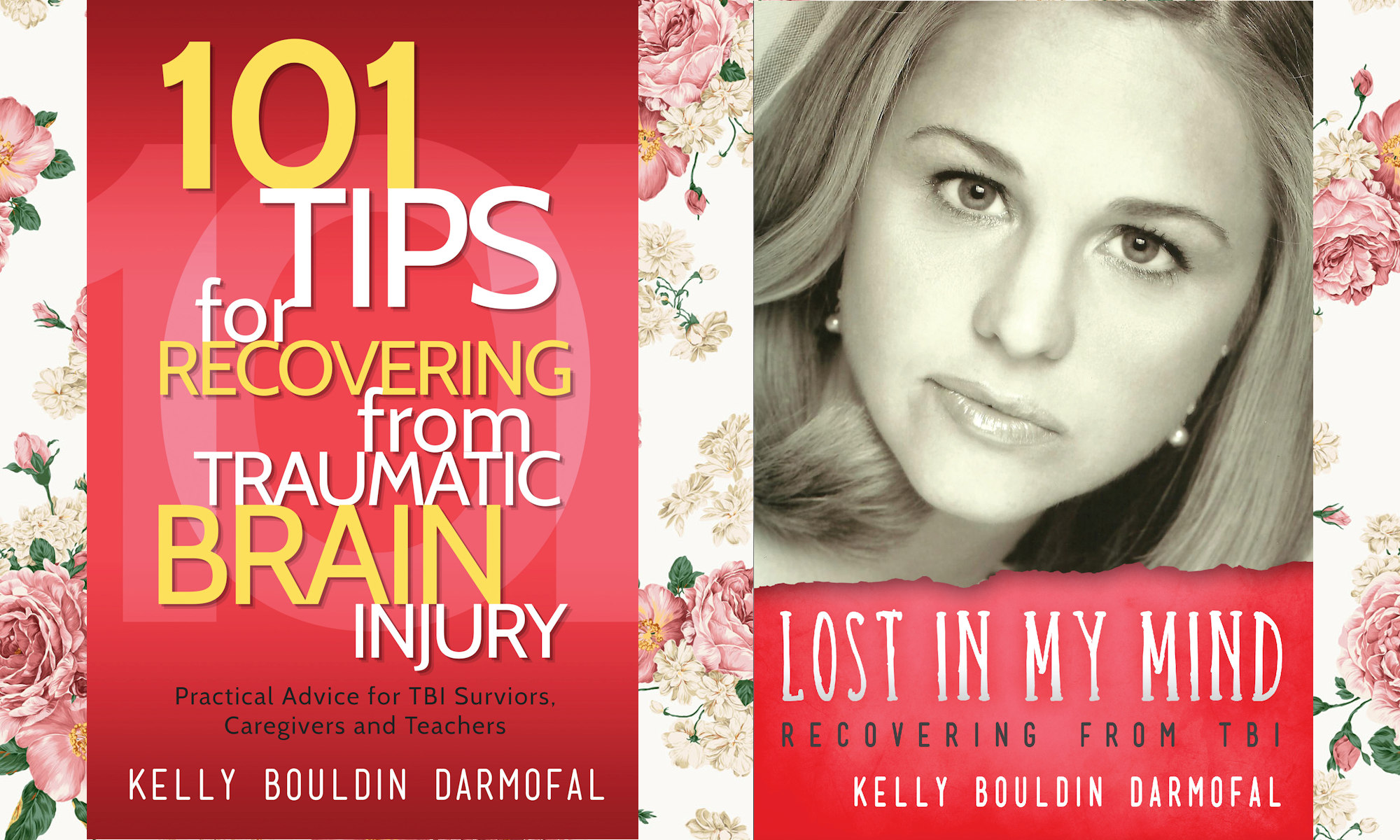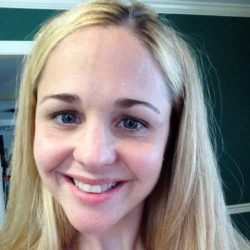Carolyn Bouldin: Anyway, I was lucky to be a teacher. I worked with June Horton. I studied Orton-Gillingham phonics and worked with special-needs children. So I could turn those skills to you.
Kelly Bouldin-Darmofal: And then, you had one.
Carolyn Bouldin: And then, I had one, but I still listened to Kelly. I could say, “What helps you remember things?” And she learned to talk, but she took the mirror off the wall in her bedroom, sat in the floor, looked in the mirror and tried to sing rap music to your radio, and she just developed her own strategies.
Kelly Bouldin-Darmofal: To increase clarity and watch my mouth movements, yeah.
Carolyn Bouldin: But she wanted to get well so badly and go back to school that she just figured out her own ways, playing pool, just whatever worked. I know Kelly switched from her right hand to her left hand, because she just couldn’t make that right hand stop shaking, and your doctors didn’t want you to quit, but you just quit.
Kelly Bouldin-Darmofal: Well, I mean, there comes a point. You try and try and try. Eventually, you have to stop and just move on, because you have to be able to sign your name when you write checks. And now, that’s not a big issue anymore, but it comes in handy though, because a lot of the students that I work with now suffer with dysgraphia, and they complain and complain about it. “I don’t want to have to write,” and all that stuff, and I’m like, “Hey, I have a bilateral hand impairment. I had to teach myself how to write with the other hand. Can you do that?” And I’m like, “So I feel your pain, but you got to write. Suck it up.”
Carrie: Now, your injury was when you were 15, and you immediately wanted to go back to school and worked hard for that. What was your experience like? Did you go back to school gradually, or how did that-
Kelly Bouldin-Darmofal: Yes. Well, I don’t remember the exact dates. Was it before Christmas in December?
Carolyn Bouldin: After.
Kelly Bouldin-Darmofal: It was after Christmas. I would go back for an hour at a time, and my mom would drive me, and the administration wanted my mom to stay on site for liability issues, I guess. And so, she would stay in the teachers’ lounge where I would attend. I think it was my Spanish class.
Carolyn Bouldin: Yeah.
Kelly Bouldin-Darmofal: Yeah, and so I would attend that one class and then go home. And then, gradually, right? Gradually, I would attend more and more classes as my stamina, I guess, improved, but yeah. She would, but my mom would also have to stay at the school while I was there, just to make sure nothing went wrong.
Carolyn Bouldin: And Kelly was really stubborn. She knew her class would graduate in the year 2000, and that was the goal she had was to graduate in the year 2000. So the school board gave us a home-bound tutor to come by our house, who did the spring work of that first-
Kelly Bouldin-Darmofal: Yeah, did the fall.
Carolyn Bouldin: Or did the fall work. And because I’m a licensed teacher, I did the other semester. So we worked Saturdays, Sundays, and I don’t think Kelly remembered too much of what she learned, but her home-bound teacher could teach her something and test her that second, and she could make 100% on the test. She was a wonderful lady, and surprisingly I found in college, you wrote about some of those things that you learned-
Kelly Bouldin-Darmofal: Yeah, it was-
Carolyn Bouldin: : … that I didn’t think you remembered, but you did.
Kelly Bouldin-Darmofal : It’s in there, but-
Carolyn Bouldin: In there somewhere. Got this new computer that’s perfect, but you have to go into settings to get the-
Kelly Bouldin-Darmofal: You see all these great Facebook things like, “It’s in the Bermuda Triangle,” or things like that, not being able to access what you need, which is pretty much the story of my life as far as words go. I’m always like, “What’s that? What do you call that?”



